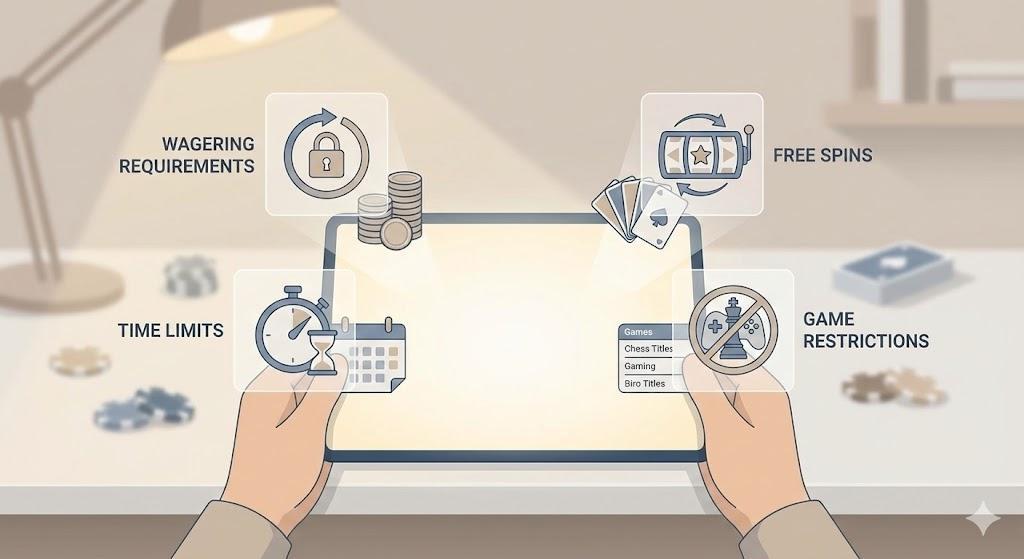The gaming industry has never been bigger and more profitable than it is now, yet many players have never felt more disconnected from gaming. Video game fans are starting to believe that developers are relying too much on sequels and remakes. They believe there is a lack of originality in the gaming scene at the moment, and it is leading lifelong gamers to feel disinterested in the hobby.
The technology behind making games is at an all-time high with advanced graphics, performance, and accessibility. The lack of creativity and innovation has started to raise questions about the industry’s direction and its ability to keep players coming back.
Table of Contents
ToggleSequel After Sequel
The most notable and common trend in the gaming world is the sheer amount of sequels and reboots that are being released. Popular franchises such as Call of Duty, Assassin’s Creed, and FIFA release new titles every year. While these games improve their graphics and some technical elements within the game, it is very rare that the core mechanics change. This makes these games very reliable for developers because they know that if they produce a similar sort of game every year, people will keep coming back and buying it.
Developers seem very unwilling to take risks when producing games in the modern era, and they rely on established titles as they know they will succeed to a certain level. It is understandable why developers choose to rely on established names, as producing a new title from scratch requires more money, time, and marketing. It is not uncommon for developers to spend years developing a game, only for it to perform poorly upon its release. Whereas releasing reboots and sequels guarantees sales from at least the core fans of the franchise, the industry now prioritizes predictability over innovation.
The Rise of Remakes and Remasters
It is not just sequels that developers are relying on; remakes and remasters have become increasingly more common. Old school classic titles are being brought back with up-to-date graphics and improved mechanics that appeal to both the original and new fans alike. Titles such as Resident Evil 2 and The Last of Us Part I have all seen success.
These titles usually receive good critical acclaim, but they also highlight the issue within the gaming industry, and that developers have a reliance on past success. Instead of creating a new world for players to explore, studios decide to just give old ones a makeover. Some studios produce multiple remakes of the same game, once again highlighting their reluctance to risk making a new title. While remakes offer a nostalgic experience for players, they also leave the new generation without any original games to make their own memories playing.
Copycat Designs in Mobile Gaming
It is not just the console and PC gaming industry that is facing issues with a lack of originality; the mobile gaming scene is also struggling. While mobile gaming is one of the fastest-growing industries, app stores are filled with thousands of games that mimic already successful titles. Some good examples of this are Fortnite and Fall Guys; these titles implement their own unique style to games, with Fortnite being a battle royale shooter, and Fall Guys being a last-man-standing race/challenge game. These games saw great success, and if you go on the App Store, there are hundreds of thousands of games that have just copied the premise.
A big reason for copycats in the mobile gaming industry is that there isn’t as much money to be able to develop new and bigger games, compared to console and PC titles. Developers can quickly and easily produce a game that follows a proven model and add plenty of microtransactions to gain revenue. This method may be quick and simple for developers, but it leaves players frustrated as they cannot find any games with a unique concept. Much like how platforms in the iGaming space use variety and features such as online casino bonuses, mobile gaming could benefit from the same level of creativity to sustain long-term interest.
Why is There a Lack of Innovation?
Innovation is not impossible, but it comes with a lot of additional challenges. Developing a new title requires more time, money, and marketing. Studios face immense pressure to generate profits, and they are often encouraged by shareholders to choose the safer route. There have been cases where a failed original game has destroyed a studio entirely, compared to a sequel, which has had pretty consistent positive results.

Smaller independent developers do not have the privilege of relying on sequels and remakes, so they are forced to come up with original titles. Indie games such as Celeste and Hollow Knight prove that it can be done, but it’s rare that these indie games achieve the same reach as the global franchises.
The Future for Gaming
Achieving balance is the key for the gaming industry, as sequels and reboots will continue to be released due to their consistent results, but new titles also need to be coming out more frequently to give gamers more variety. As long as players keep pushing for fresh stories and more innovative ideas, developers will have to listen and start to produce more games that fit everyone’s needs.




